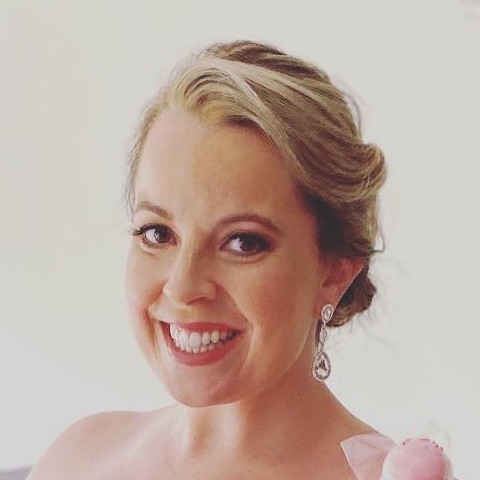3 Tips for Families to Address and Cope With Addiction
With millions of people in the world reliant on a substance, it isn’t uncommon to know one or more people with loved ones struggling with addiction. In many cases, family members who are dealing with addicts are always looking for ways to help them break the cycle of addiction, but oftentimes to no avail. Most often, this is because they do not have the resources or knowledge that is needed to help someone who is addicted to substances.
Do you have a family member who is addicted to substances and are looking for a way to help them recover? Speaking with a professional or checking in to a recovery facility are often the best options when it comes to breaking the cycle of addiction. While there isn’t a cure, there are a few things you can do to better facilitate the process of recovery beyond just searching for a “PHP program near me.”
1. Learn about the addiction
You may be tempted to blame the addiction itself on some fault of the individual, such as a perceived weakness. This can lead to plenty of frustration and anger from both parties, seeing that you do not fully understand the underlying causes of their addiction. With that in mind, most, if not all, addiction happens not by a conscious choice, but by the changes in the brain’s chemicals and functions.
While the science behind addiction can be complicated, it can be simply boiled down to the brain relying on the substance for certain goals. When it lacks that substance, it can put the individual in extreme discomfort and even harm in severe cases. In other words, an addict may have chosen to try the substance once but did not actively choose to become addicted to it. This is something that many individuals must work hard to fully understand. Once you accept it or find yourself in need of more information, you can head online to learn more about the science behind addiction to educate yourself further to better help your loved one.
2. Connect with other people
Despite understanding that addiction does not happen by choice but by chemical changes in the brain, it does not mitigate or override the fact that you are hurt by it. Seeing your loved one addicted to drugs or alcohol can be stressful and cause various additional issues that lead to communication problems and even distrust.
Feeling any of those things is obviously unwanted and unhealthy, and can take a toll on your mental and physical health alike. Fortunately, there are plenty of support groups out there specifically for loved ones of addicts that you can reach out to. For example, there are programs out there that help the drug user and even the affected family members to discuss how they feel and help them cope with the problem as a whole. These programs can help you mentally and emotionally, giving you the motivation and support you need to continue helping your loved one.
3. Spend more time together as a family
Sometimes, the best way to help a loved one addicted to drugs is by spending more time with family members that are supportive of recovery. This can be as simple as going out to the store together to buy some groceries, going for a walk through the park, or sitting down at the dinner table to eat together. This kind of activity can help reforge the broken bonds that once tied your family together.
With that in mind, do not be afraid to start slowly. For example, you can start by having a family meal together once or twice every week. Once everyone is comfortable, you can have it more often and continue on to other types of activities.
Tackle Substance Abuse with Help from Inner Voyage Recovery
By following these tips, not only will you be better prepared to cope with a family member who is addicted to substances but also find a way to help them recover. With that being said, you can always reach out to professionals for help. There are many drug treatment centers with experts capable of quickly understanding your needs and creating a strategy to help your loved one recover from addiction.
Inner Voyage Recovery Center provides tailor-made treatment plans for individuals seeking recovery from their addiction. If you are looking for a rehab center in Woodstock, contact us today!
If you or someone you know needs any of our services
Please call us at 470-863-8259
Please fill out information below to receive a callback from one of our admissions specialists today!
Author
-
Emily Rowe is the Clinical Director at Inner Voyage Recovery Center. She is a Licensed Master of Social Work with 8 years of experience in clinical settings covering one on one sessions, family sessions, group sessions, crisis interventions and suicidal prevention. Recognized by leadership and colleagues as forward thinking, creative, empathetic, active listener and effective.
Inner Voyage prepares you to experience recovery, even if you’ve relapsed in the past, and to help you re-enter the world as your healed self. Call today to begin your Inner Voyage journey.
What We Treat
How We Help
© 2024 InnerVoyage All rights reserved.
Powered byRed Cardinal Digital Marketing
 Mon - Fri 8:00 AM to 6:30 PM
Mon - Fri 8:00 AM to 6:30 PM
